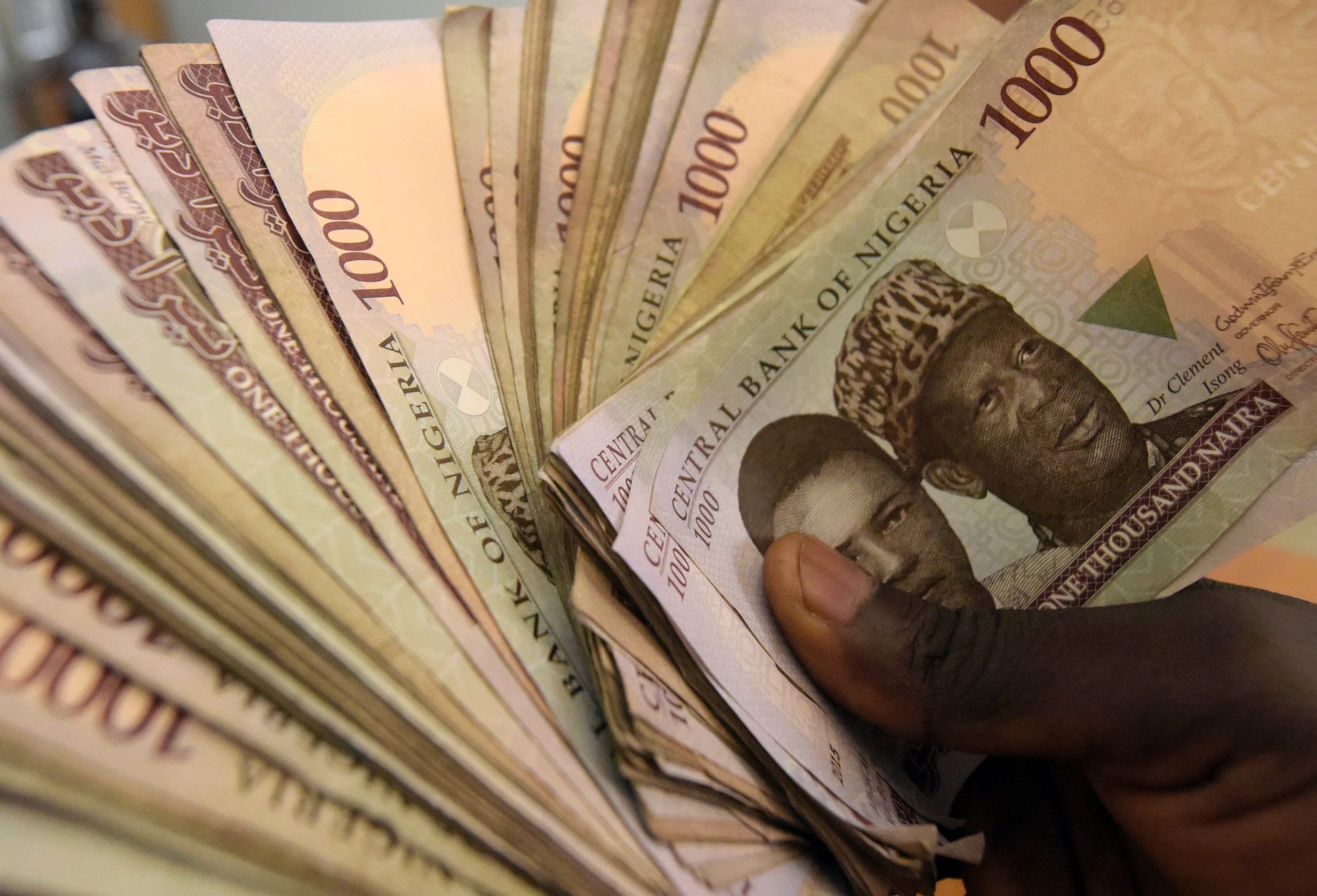Banks Charge Customers N715bn For E-transactions
According to the nine-month financial reports of the banks, eleven banks charged their customers N714.61 billion for electronic fees and other forms of commissions in the first nine months of 2022.
This is a 16.92 percent increase from the N611.21bn earned by the banks from the income source in the corresponding period of 2021.
This banks included: Zenith Bank Plc, Sterling Bank Plc and Subsidiary, Stanbic IBTC Holdings Plc, Wema Bank Plc, Fidelity Bank Plc, and Union Bank of Nigeria Plc, United Bank for Africa Plc, Unity Bank Plc, First Bank of Nigeria Holdings Plc, Guaranty Trust Holding Company and Subsidiary Companies, and Access Holdings Plc.
The fees and commissions included: credit related fees and commissions; account maintenance charges; corporate finance fees; e-business income; asset management fees; and commission on foreign exchange deals. Others are; commission on touch points; shared service fees; income from financial guarantee contracts issued; account services, maintenance and anciliary banking; and transfers related charges among others.

Breakdown Analysis
Of the banks, UBA (N138.08bn) made the most from fees and commission and Unity Bank (N5.34bn) made the least. Zenith Bank Plc made N117.90bn from fees and commission; Wema Bank made N12.02bn; Fidelity made N25.04bn; Stanbic IBTC made N72.47bn; Union made N12.65bn; Sterling made N19.84bn; Access made N133.49bn; GTCO made N66.94bn; and FBN made N110.84bn.
According to Access Bank, fees and commissions expenses are fees charged for the provision of services to customers transacting on alternate channels platform of the group and on the various debit and credit cards issued for the purpose of these payments.
It said, “They are charged to the group on services rendered on internet banking, mobile banking, and online purchasing platforms. The corresponding income lines for these expenses include the income on cards (both foreign and local cards), online purchases, and bill payments included in fees and commissions.”
The Central Bank of Nigeria created new guidelines for bank charges on January 1, 2020. The new guideline mostly impacted card maintenance fees, charges for hardware tokens, and the amount that can be paid for electronic transfers.



